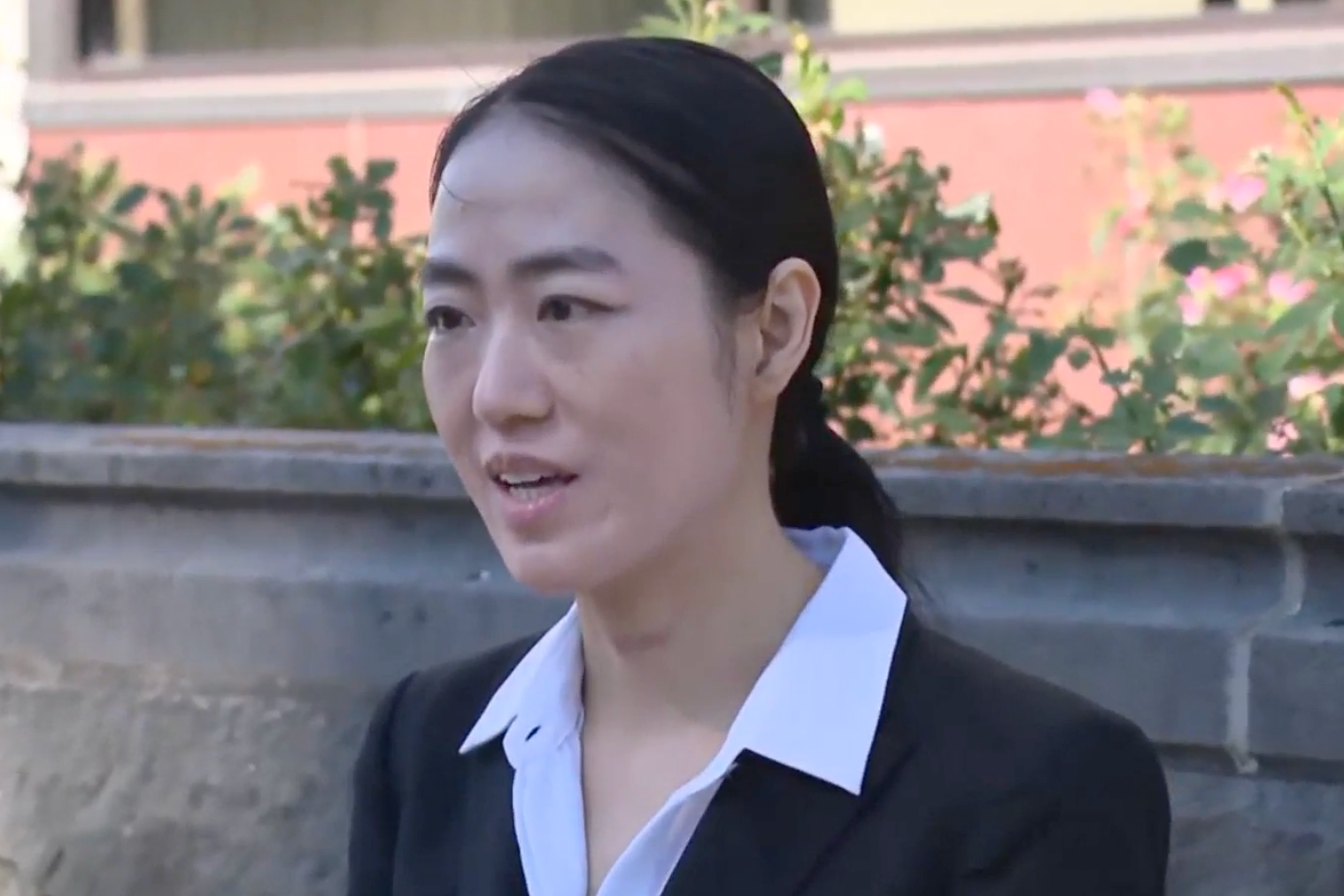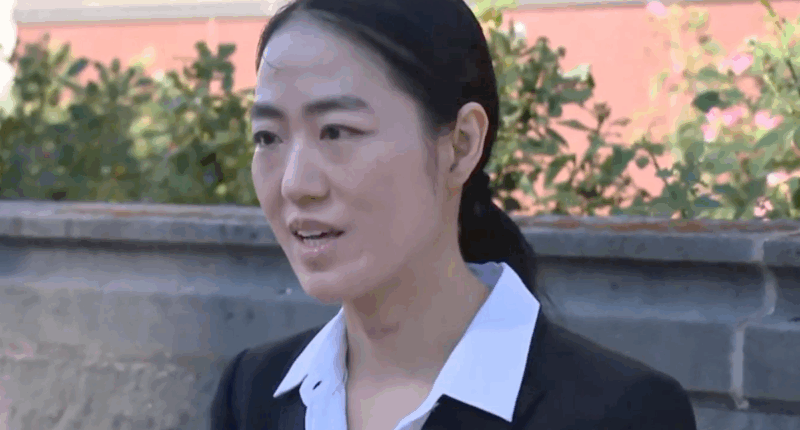A former Michigan State University graduate student claims she was diagnosed with cancer after her work at the school exposed her to hazardous chemicals.
Ling Long Wei, an international student from China, worked as a research assistant at Michigan State from 2008 to 2011 while earning a master’s degree from the school’s horticulture program. Wei, now 41 and living in the U.S., claimed in a draft lawsuit, reviewed by The Independent, that she developed thyroid cancer after her work exposed her to pesticides and herbicides without proper training or safety equipment.
Michigan State University spokesperson Amber McCann declined to comment to The Independent, citing pending litigation. However, she said the school “prioritizes the health and safety of our entire campus community.”
“Appropriate and required training and necessary personal protective equipment is provided in compliance with applicable university policies and state and federal laws,” McCann said.
It was Wei’s “dream” to study at Michigan State, a leading agricultural science school, her attorney Maya Greene said at a Monday press conference. When she first arrived, Wei was required to work as a student research assistant, and perform field research as part of her horticulture coursework, the draft lawsuit states.

As part of that field research, Wei’s supervisors told her to travel to off-campus fields to spray herbicides and pesticides, the draft suit states. Wei says that work could last up to eight hours a day.
Wei alleges she was not given proper training ahead of time. She also did not have “proper mask, gloves or coveralls” to wear while handling the chemicals, the draft suit says.
“While spraying these toxic chemicals, the wind would often blow the chemicals into Ms. Wei’s face,” the documents read. “Ms. Wei was exposed to hazardous pesticides for over 7,000 hours, unprotected and untrained.”
Wei says she started to experience shortness of breath in 2010 but the school’s health center told her it was due to anxiety. Her supervisors then assured her the chemicals were “safe,” the draft states.
“Ms. Wei relied on the assurance from the program superiors and continued to spray the hazardous pesticides and herbicides without [personal protective equipment],” the draft states. “Ms. Wei continued to experience symptoms but feared speaking up for herself due to intimidation and hostile treatment from superiors in the program.”

Handling these pesticides without proper training or equipment caused Wei to develop papillary thyroid carcinoma, the draft suit claims. Papillary thyroid cancer is the most common form of thyroid cancer, making up about 80 percent of cases, according to Columbia University Thyroid Center.
Wei was diagnosed in 2024 and underwent “a series of medical procedures and surgeries to treat her cancer,” the draft suit says. Wei is now in remission, according to a spokesperson for her attorney’s firm, GreenLight Law Firm. Wei said the cancer left her with hormone imbalances that cause her fatigue and will make it difficult to have children. Her cancer could also come back.
“My recovery journey has been very challenging,” Wei said at the press conference. “After undergoing my thyroid cancer surgery, I did have to adjust to taking medication every day to regulate my hormone levels.”
“I will need to take thyroid pills every day for the rest of my life,” she added. “I will live with my permanent scar, and I will have to always struggle against depression because of hormone imbalances.”
On Friday, Wei’s attorney Maya Greene told The Independent that the lawsuit had not yet been filed.
Cancer researchers are still studying the exact link between pesticides and cancer.
Some pesticides are carcinogens and have been linked to cancer cases, according to the National Pesticide Information Center, a joint initiative by Oregon State University and the U.S. Environmental Protection Agency. Exposure to a pesticide that is a carcinogen does not mean a cancer diagnosis is certain but means more risk than if a person isn’t exposed, the center says.
It’s difficult for doctors to determine what exactly causes a patient’s cancer, according to the Dana-Farber Cancer Institute, a leading research and treatment center.
“It’s almost impossible to pin an individual case of cancer on a particular culprit with 100 percent certainty,” the center’s website reads.
This article was amended on 22 August 2025. It previously said Wei’s lawsuit had been filed in Ingham County Circuit Court, but the papers were yet to be filed at the time of publication.








